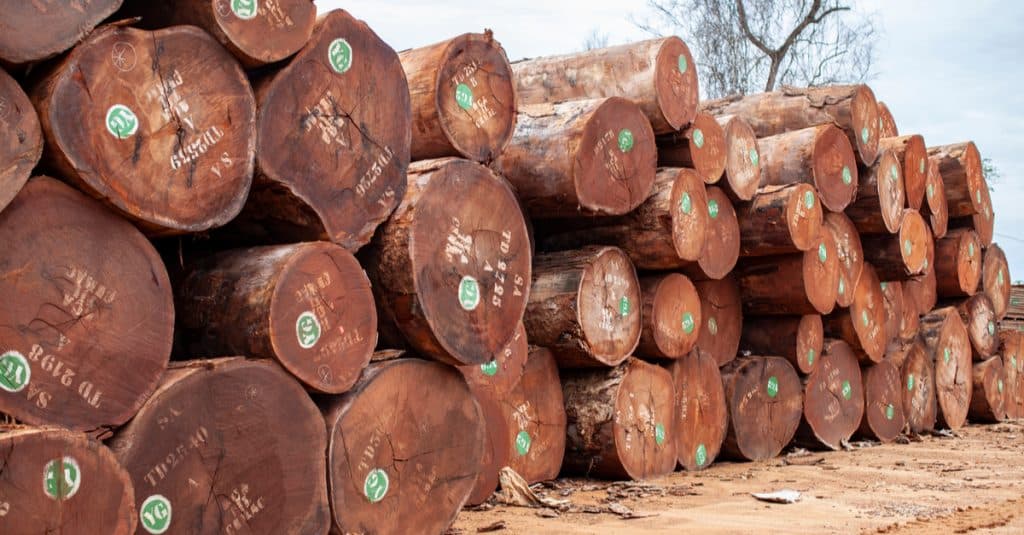Restoring the image of logging in the Congo. That’s what the International Tropical Timber Technical Association (ATIBT) is working to achieve. In a press release published on January 15, 2024, the organization, which implements international projects dedicated to the sustainable and responsible management of tropical forests, claims to have been approached to this end by the European Union (EU) delegation in Brazzaville. For the EU, the Congolese timber industry is often the subject of prejudice due to a lack of awareness of the efforts made to achieve sustainable forest management.
To improve perceptions of the Congolese timber industry, the ATIBT has been tasked with developing and implementing the Appui au secteur privé (ASP) project in Congo. This initiative aims to improve forest governance by strengthening the capacities of professional associations such as Unibois and the Fédération Forêt d’Unicongo (Union Patronale et Interprofessionnelle du Congo), as well as forest sector companies operating in this Central African country. The aim is to encourage their involvement in responsible forest management, in line with the Voluntary Partnership Agreement (APV-FLEGT) signed between Congo and the EU in 2010.
Read also-CONGO BASIN: the objectives of the new regional forest certification scheme
For ATIBT, the main aim of this project is to encourage a change in perception, by showing that “forestry companies, far from the stereotypes, are committed to a responsible approach. By promoting these positive actions, the aim is to create a dynamic conducive to greater recognition of the efforts made by the private forestry sector to ensure the sustainability of Congo’s forests, while encouraging the diversification and development of less-exploited forest resources”.
A timber industry accused of catastrophic deforestation
A study, published on January 13, 2017 by a team of experts led by Professor Peter Potapov of the University of Maryland, reveals that between 2000 and 2013, Africa saw 101,000 km2 disappear, or 10% of its intact forest landscapes. Over 90% of this loss occurred in the forests of the Congo Basin, the world’s second largest tropical forest. The study concludes that, at this rate, all the countries of the Congo Basin, with the exception of the Democratic Republic of Congo (DRC), will see all their intact forest landscapes disappear over the next 60 years. An ecological catastrophe in the making.
Boris Ngounou
